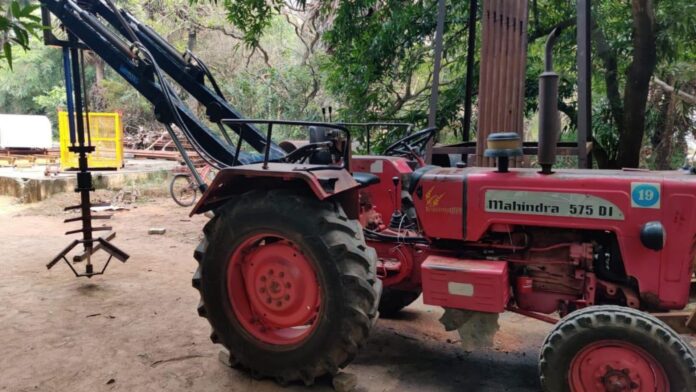CHENNAI:
A robot developed by the Indian Institute of Technology (IIT) Madras to help eliminate manual scavenging in India, is all set for field deployment, the institute said on Thursday.
Ten units of the robot named ‘HomoSEP’ will be first deployed across Tamil Nadu, and later in Gujarat and Maharashtra.
“The septic tank is a poisonous environment, filled with semi-solid and semi-fluid human faecal material that make up about two-thirds of the tank. Hundreds of deaths are reported every year across India, due to manual scavenging in septic tanks despite bans and prohibitory orders,” said Prof. Prabhu Rajagopal, from Department of Mechanical Engineering, IIT Madras, in a statement.
HomoSEP was first developed in 2019 as a final year Masters’ project by Divanshu Kumar under the guidance of Prof. Rajagopal.
Despite the pandemic-related difficulties over the next couple of years, the IIT Madras researchers collaborated with an IIT Madras-incubated start-up Solinas Integrity Private Limited (now headed by Kumar) to further develop HomoSEP.
The path-breaking project was also supported first by several CSR donors over the years.
The HomoSEP Robot can homogenise the hard sludge in septic tanks through custom-developed rotary blade mechanism and pump the tank slurry using an integrated suction mechanism.
Sanitation workers will be able to operate the HomoSEP on their own, after being provided with the relevant training and appropriate guidance along with necessary safety measures, both of which our team is working on right now. Safety plays a vital role in this whole procedure, starting with the design of HomoSEP itself. IANS


